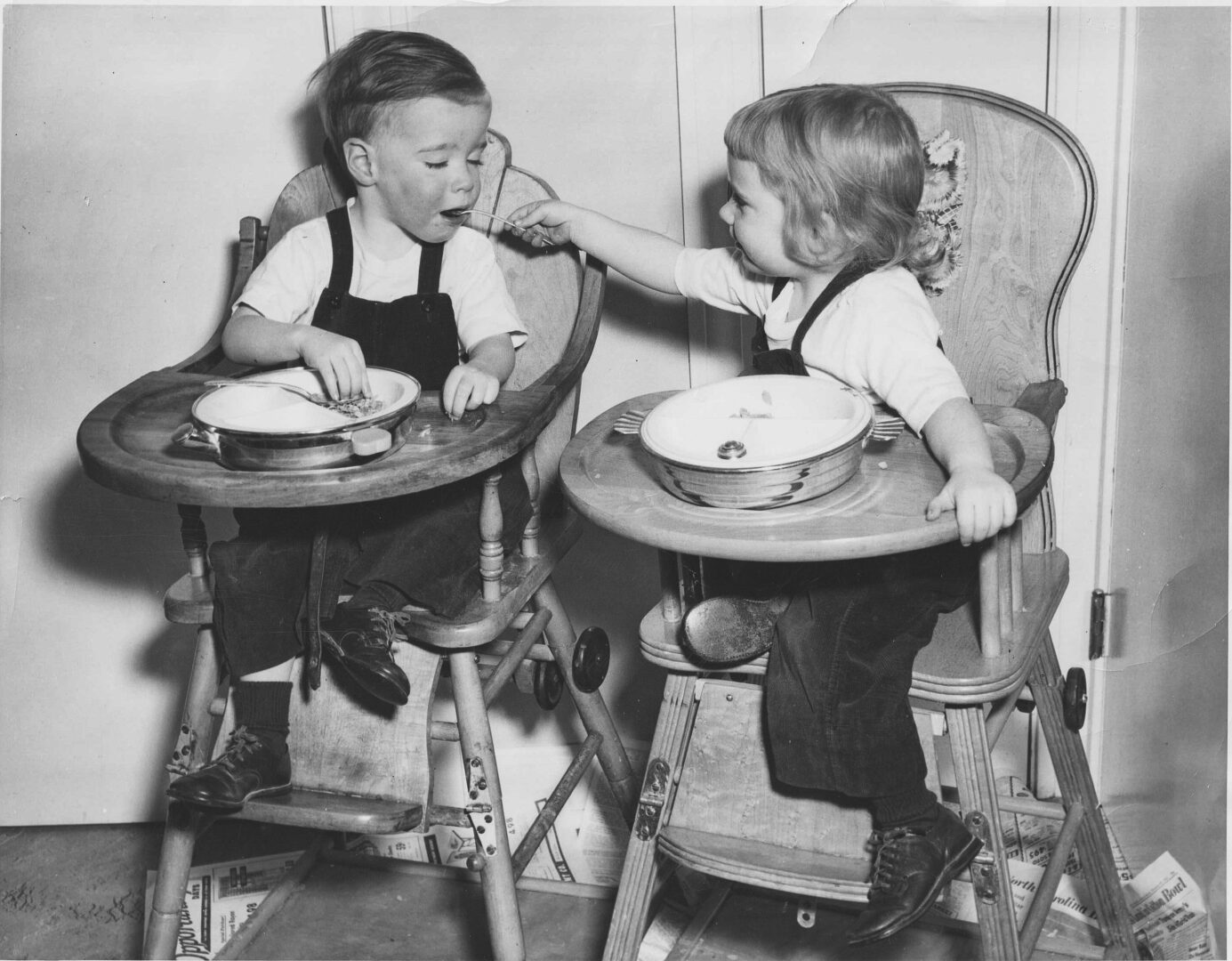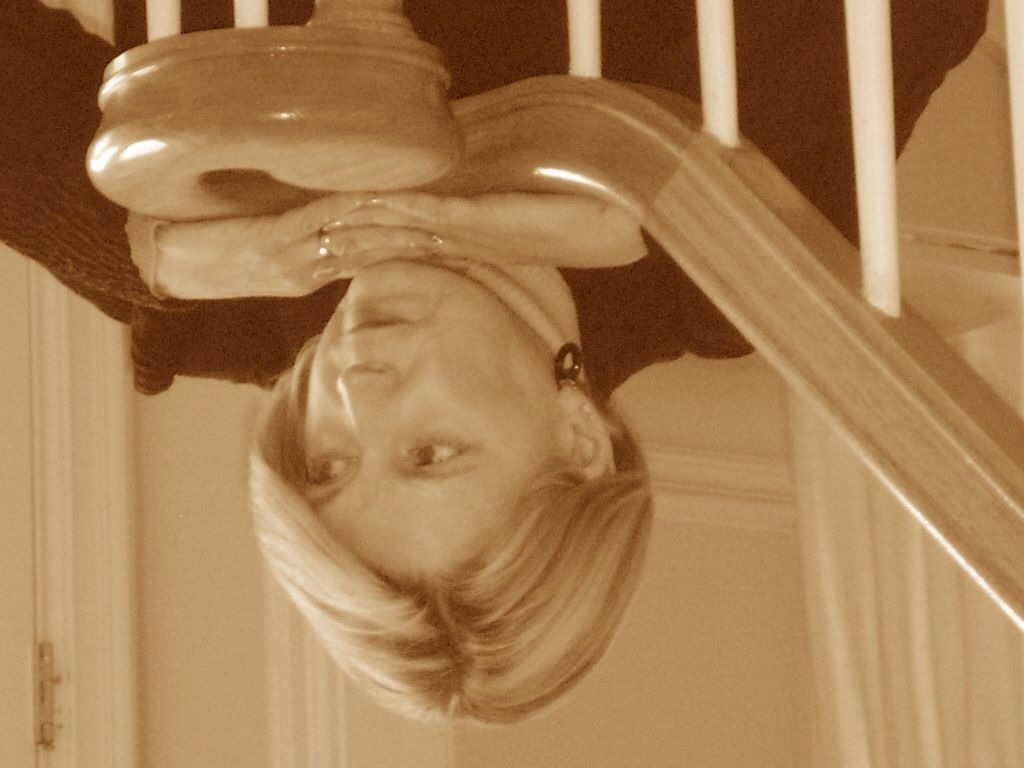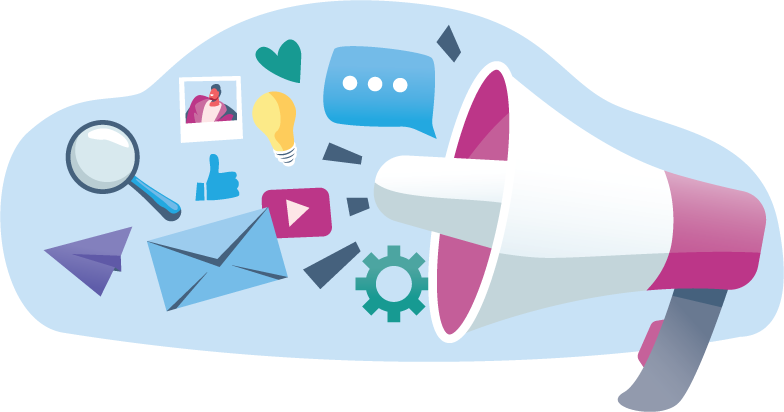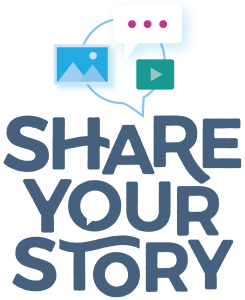Jan
Polio
Place of Residence: Dewitt, NY
As a child, Jan saw firsthand the devastation of polio. At just six years old, she survived a polio epidemic during which 8 children in a classroom of 24 were diagnosed with paralytic polio. Three children died, including her twin brother. Jan was one of only two paralyzed children who made a full recovery. In April 1954, she was one of 1.8 million school children who participated in the Salk vaccine trial as a “Polio Pioneer.”
Jan shares how she lost her twin brother, Frankie, to polio at 6 years old and has gone on to become an international champion for vaccines.
How would you describe your early childhood?
My brother, Frankie, and I were happy, healthy twins before a polio epidemic hit our home in Dewitt, NY which is a suburb of Syracuse. Like all twins, we were very close and delighted in our wonderful twinship! We never knew a day without each other. Then suddenly, in just a few days, Frankie was dead, I was fighting for my life, and my mother would suffer a miscarriage. This was the horror of polio before vaccines were available.

How did you and your brother first become sick? At what point did you know things were serious?
We were getting ready for Halloween. Frankie had a little head cold, but on the day before Halloween he had a terrible time breathing. He was rushed to City Hospital for Communicable Diseases, placed in an iron lung, and given a spinal tap to confirm his diagnosis. Once he was diagnosed with polio, I was brought to the hospital to receive multiple shots of gamma globulin (which at the time was believed to prevent paralytic polio). There was no doubt that things were serious. Frankie died just three days after being admitted to the hospital, on November 1, 1953. I was admitted to the hospital on the night he was buried. Later that week, my mother suffered a miscarriage. In just a matter of days, our family life was forever changed.
How did your illness progress? What happened in the hospital?
I don’t remember how long I was in the acute hospital – probably a few weeks. My family was able to pay for private daily physical therapy for a long time. Though my full recovery took a few years, I made a wonderful recovery!
Do you suffer any long-term impacts of having polio as a child?
I have post-polio syndrome, but I’m fortunate to remain independent – though I have slowed down a bit.
Were you or your brother vaccinated?
The polio epidemic took place in the fall of 1953. The Salk vaccine trial took place in Spring 1954, and I was one of nearly two million children who were known as Polio Pioneers. The first polio vaccine was licensed in 1955.
The polio epidemic took place in the fall of 1953. The Salk vaccine trial took place in Spring 1954, and I was one of nearly two million children who were known as Polio Pioneers.
What do you want others to know about vaccine-preventable diseases like polio? What advice would you give them if they don’t think vaccines are important?
Please get vaccinated! There is no cure for polio, but the polio vaccine is a highly effective vaccine. I don’t want anyone to live through what the entire world endured before vaccines were available. Sadly, polio is still not eradicated although we are close to that goal. Public health experts call polio a disease that is just a plane trip away. We can never become complacent.

What have you done to help raise awareness about the importance of vaccination?
I’m an author and public speaker and have decades of experience in social service work. My book, “Twin Voices: A Memoir of Polio, the Forgotten Killer” won an honorable mention at the 2007 London Book Festival. I’ve also authored over 50 articles on polio, twin loss, and other medical topics in medical and general publications and newspapers. I’ve also received a Distinguished Alumni Award from Seton Hall University for my work on polio eradication. As a public speaker, I’ve lectured to over 175 groups throughout the U.S. and Canada on polio and the importance of eradication. I continue to share my story and expertise as I work to inform others about the importance of vaccination.
BECOME A VACCINE ADVOCATE
There are lots of ways you can make a difference in your community.

